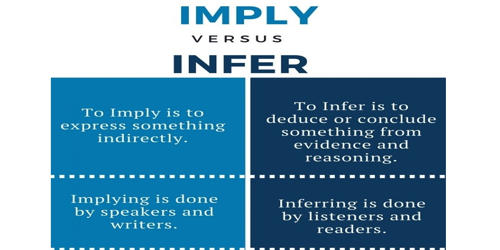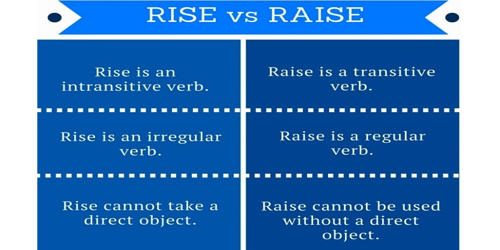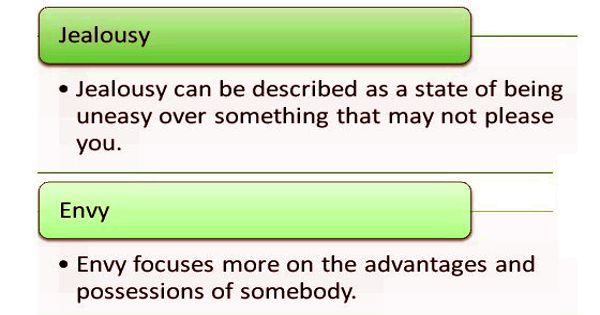Imply and infer can be easily confused due to their somewhat similar meanings. ‘Imply’ and ‘Infer’ are the two most confounding words in the English language, which people use synonymously, due to the interconnectivity in their meanings. ‘Imply’ means to suggest or to say something in an indirect way. ‘Infer’ means to suppose or come to a conclusion, especially based on an indirect suggestion. Nevertheless, they are diametrically opposite terms, as ‘imply‘ means to tell or convey something implicitly, i.e. without directly expressing it.
On the other hand, ’infer‘ means to arrive at a conclusion, considering the facts and evidence resented to you. We imply something by what we say. We infer something from what somebody else says. The main difference between these two words is that a speaker can imply, but a listener can only infer. The one who implies is the sender of the message in the process of communication. Conversely, the one who infers is the receiver of the message.
Difference between Imply and Infer
IMPLY
- Imply means to indicate or hint something by means of actions or otherwise, rather than directly stating it.
- Imply is a verb which means to indicate something, by suggestion or hint, instead of explicitly saying it.
- Imply means to convey a message which can be a feeling, opinion, suggestion, or an idea, to the other party, without expressing it outrightly. We use the word imply when the speaker, writer, or actor is communicating an indirect message, either verbally or non-verbally.
- The implication of the message is done by the person who is being implicit, i.e. the speaker, writer, or the doer of the action.
- Imply- to suggest a truth or idea indirectly. For example, “When I gave the Cookie Monster a napkin and a glass of milk, he asked what I was trying to imply.”
- Example: The teacher implied that Aman is very intelligent. Recession implies unemployment and poverty.
INFER
- Infer means to conclude or deduce something by means of the evidence and reasoning, rather than direct statements.
- Infer is a verb which means to reach a conclusion or make a logical guess on the basis of the evidence and reasoning, instead of direct statements.
- By the term ‘infer’ we mean to make an opinion, assume something as true, or arriving at a decision, on the basis of the information, facts, premises, and evidence that is available to you. Infer is used when the listener, reader, or viewer is receiving or catching the message sent by the party and drawing conclusions out of it.
- Infer- to come to a conclusion through reasoning. For example, “Based on the crumbs on his chin, I can infer that the Cookie Monster stole my cookie.”
- The Inference is done by the person who grasps the meaning, who can be the listener, reader, or the viewer of the action.
- Example: The teacher inferred from Rahul’s grades that he is an average student. You can infer from the letter that your mother cares for you a lot.
















